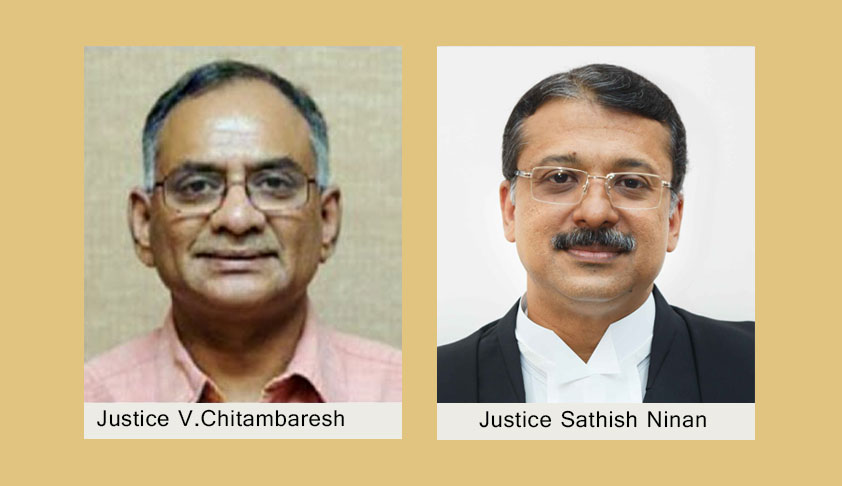Co-op Society Can’t Dismiss Employee From Service Without Following Due Procedure: Kerala HC
Manu Sebastian
6 July 2018 10:28 AM IST

Next Story
6 July 2018 10:28 AM IST
The Kerala High Court has set aside the order of dismissal passed by a Co-operative Society against an employee on the ground that due procedure was not followed before imposing a penalty. A division bench of Justice V Chitambaresh and Justice Satish Ninan held the dismissal bad in law as the Society had not followed any of the mandatory procedure like issuing show-cause notice, framing...
